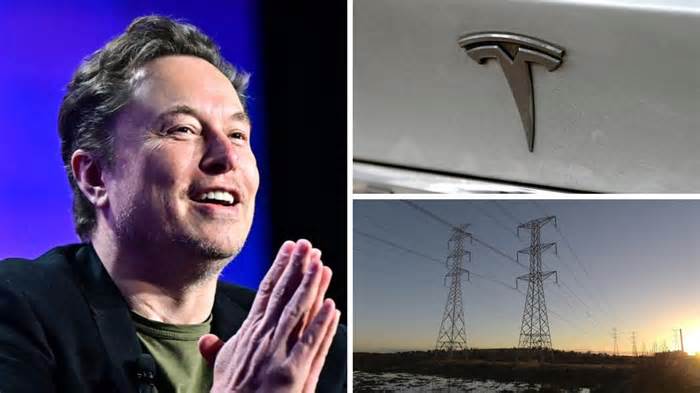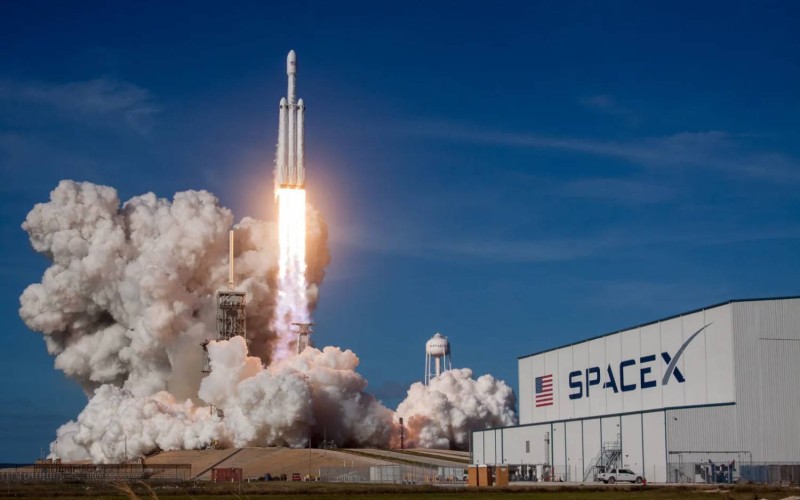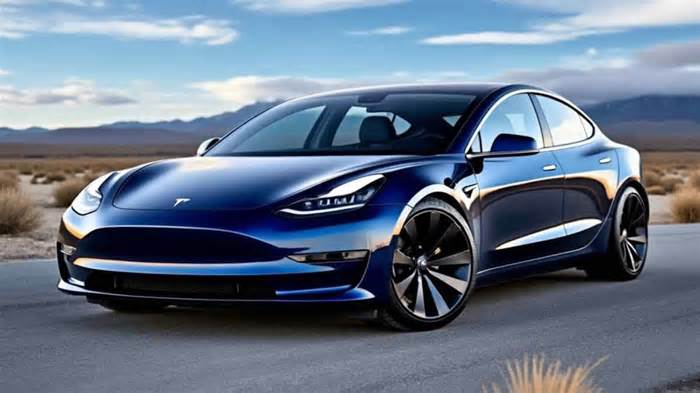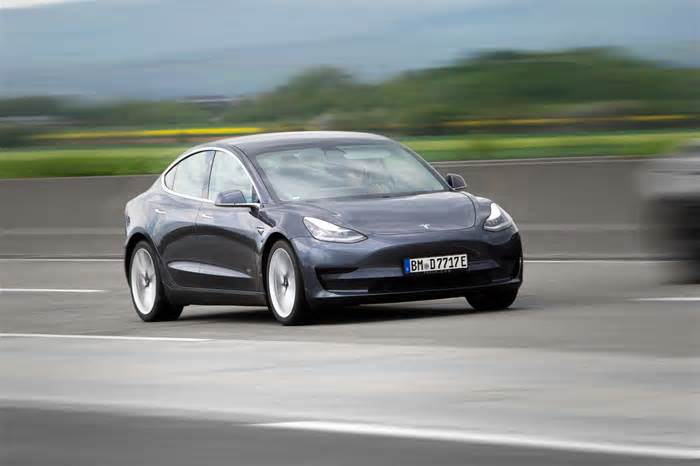
Will Interest Rate Cuts Save Tesla? Elon Musk Is Counting On It
- by The Globe and Mail
- Sep 20, 2024
- 0 Comments
- 0 Likes Flag 0 Of 5
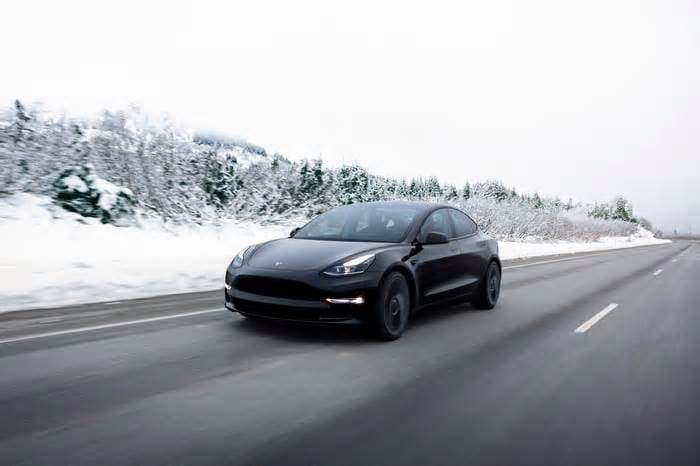
Musk's favorite bogeyman
On earnings calls, in media interviews, and in posts on his social media platform, X, Musk has repeatedly complained about the effect of higher interest rates. In early August, he criticized the Fed for not lowering rates at its July meeting, writing in a post on X: "The Fed needs to drop rates. They have been foolish not to have done so already."
Nearly a year ago, Musk spelled out his concerns about rates on Tesla's third-quarter 2023 earnings call, saying:
I am worried about the high-interest rate environment that we're in. I just can't emphasize this enough that the vast majority of people buying a car is about the monthly payment... If interest rates remain high or if they go even higher, it's that much harder for people to buy the car.
With the Fed's 50-basis-point cut and more cuts expected later this year and into next year, Musk seems to be finally getting what he's wanted.
Notably, Tesla stock outperformed essentially all of its peers on Thursday, including struggling EV start-ups that figure to benefit more from lower interest rates since they're more in need of help. Rivian, for example, gained just 1.9% on Thursday, while Lucid actually fell 0.8%.
Traditional automakers also didn't get the Tesla bump. Ford fell 0.6%, and GM closed down 0.1%.
Will rate cuts help Tesla turn around?
Upon closer examination, Musk's complaints about interest rates ring hollow. They seem to be more of a convenient excuse, rather than a meaningful drag on the business.
First, Tesla's exposure to interest rates isn't unique in the auto industry. All automakers face that reality, and higher borrowing costs do raise monthly payments for buyers who use financing. Tesla's vehicles also carry a higher price tag than many of its competitors', meaning its customers are less likely to be sensitive to interest rates since they can afford a more expensive vehicle.
Tesla is also a global company, and less than half of its revenue comes from the U.S., though the U.S. is its biggest market. While rates also rose in places in Europe, those markets shouldn't be affected by the Fed's decisions.
As the chart below shows, there's not much evidence that rising rates had an effect on auto sales. While they're still down from pre-pandemic levels, they actually rose when the Fed was hiking rates and have been steady since. Higher rates didn't dampen the auto market, though they could have prevented it from growing.
US Total Vehicle Sales Chart
Please first to comment
Related Post
Stay Connected
Tweets by elonmuskTo get the latest tweets please make sure you are logged in on X on this browser.
Sponsored
Popular Post
Tesla: Buy This Dip, Energy Growth And Margin Recovery Are Vastly Underappreciated
28 ViewsJul 29 ,2024






 Energy
Energy




